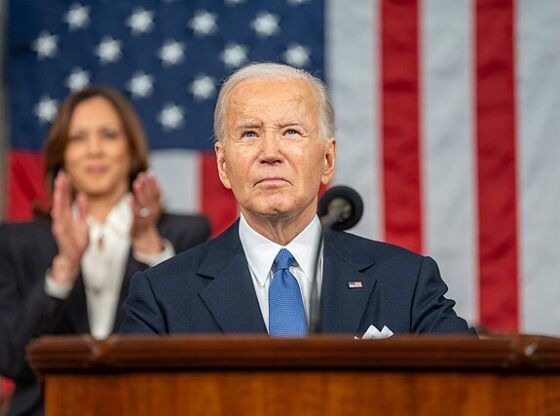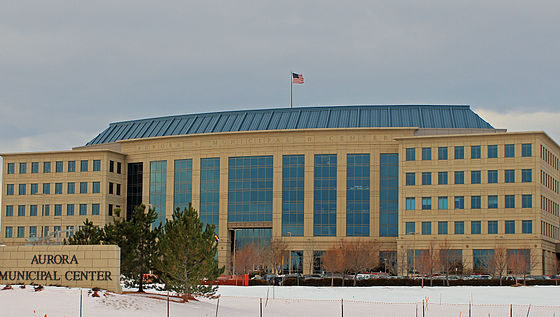On Nov. 10, two nights after the announcement of America’s president-elect Donald Trump, DU held a panel discussion entitled “Election 2016: What We Learned, and What Comes Next.” The event was intended to inform DU community members about how the “shocking” result occurred, what will happen in the future and what this election means in terms of international and domestic politics.
The moderator of the event was Dr. Seth Masket, chair and professor of DU’s Department of Political Science. He was joined by five panel members of different disciplines. These experts were Dr. Deborah Avant, a professor of Josef Korbel School of International Studies, Dr. Sam Kamin, the Vicente Sederberg Professor of Marijuana Law and Policy at Sturm College of Law, Dr. Lisa M. Martinez, an associate professor of DU’s Department of Sociology and Criminology, Dr. Nancy Wadsworth, a professor of DU’s Department of Political Science and Megan Verlee, a general assignment reporter of Colorado Public Radio.
Masket started the discussion by introducing himself and his interest in the recent election. He broke the tension in the room by saying, “Well, I was wrong,” regarding the appointment of Trump. He mentioned that everyone was wrong in predicting this unorthodox election, in which campaigns and candidates almost became irrelevant. Masket then turned it over to the panelists, each of whom gave a brief mini-lecture on their specialty.
Kamin began his portion by identifying himself as a liberal Democrat who seeks to connect the two halves of the nation that do not communicate. There was, and is, a somewhat-even split in the United States, and Kamin stressed the importance of bringing these sides together. He encouraged unity and spoke little about his area of academia, marijuana law and policy, calling it “trivial” compared to the election.
Wadsworth, who studies race and religion in politics, spoke next, drawing parallels between the American populism of today and of decades like the 1890s, 1930s and 1960s. She observed that people have tended to condense this election down to sexism and racism, and while these are obviously important, the real issues fall mainly in economic grievances, race and the two-party system in America. Wadsworth argued that when white people face equality, they either unite with other races or find a scapegoat race to blame, and all too often, the latter occurs.
Martinez followed Wadsworth, advising attendees to think like sociologists about the election: What can we do to understand the results and to plan for the future?
Martinez discussed the unprecedented nature of such overt racism, xenophobia, homophobia and more in this election. She further emphasized the study and importance of demographics in the race.
“Clinton had the demographics of tomorrow, but not the demographics of today,” she stated.
The audience next heard from Verlee, the veteran of Colorado Public Radio, who provided some insight into the relationship between the election and media. Journalism, she said, has no model anymore, as this election completely undermined any precedents about media coverage and entertainment in politics. When voters are this angry and passionate, the entertainment factor of media no longer plays a role.
Verlee also commented on the diverse types of Trump supporters and how different they are—true believers (genuine fans of Trump’s character and policies), those desiring change (people unafraid to throw anyone into government so long as he or she is different from politics as usual) and friends of the Republican party (those who want to strengthen the already-majority-holding government with a Republican leader). There may be more types of Trump supporters, but Verlee’s point was that between parties and even between Trump fans, there is “no agreed-upon reality” in America.
The last panelist, Avant, speculated the future of global politics.
“We are completely uncertain,” she said.
According to Avant, Trump could either steer international trade toward “muscular engagement” or toward a “populist and isolationist stance.” Either Trump will trade excessively or cut off trade. Avant also highlighted a few certainties in the coming times: The government will no longer work progressively toward human rights and any work on climate change will evaporate if Trump’s platform has more support than we might believe.











